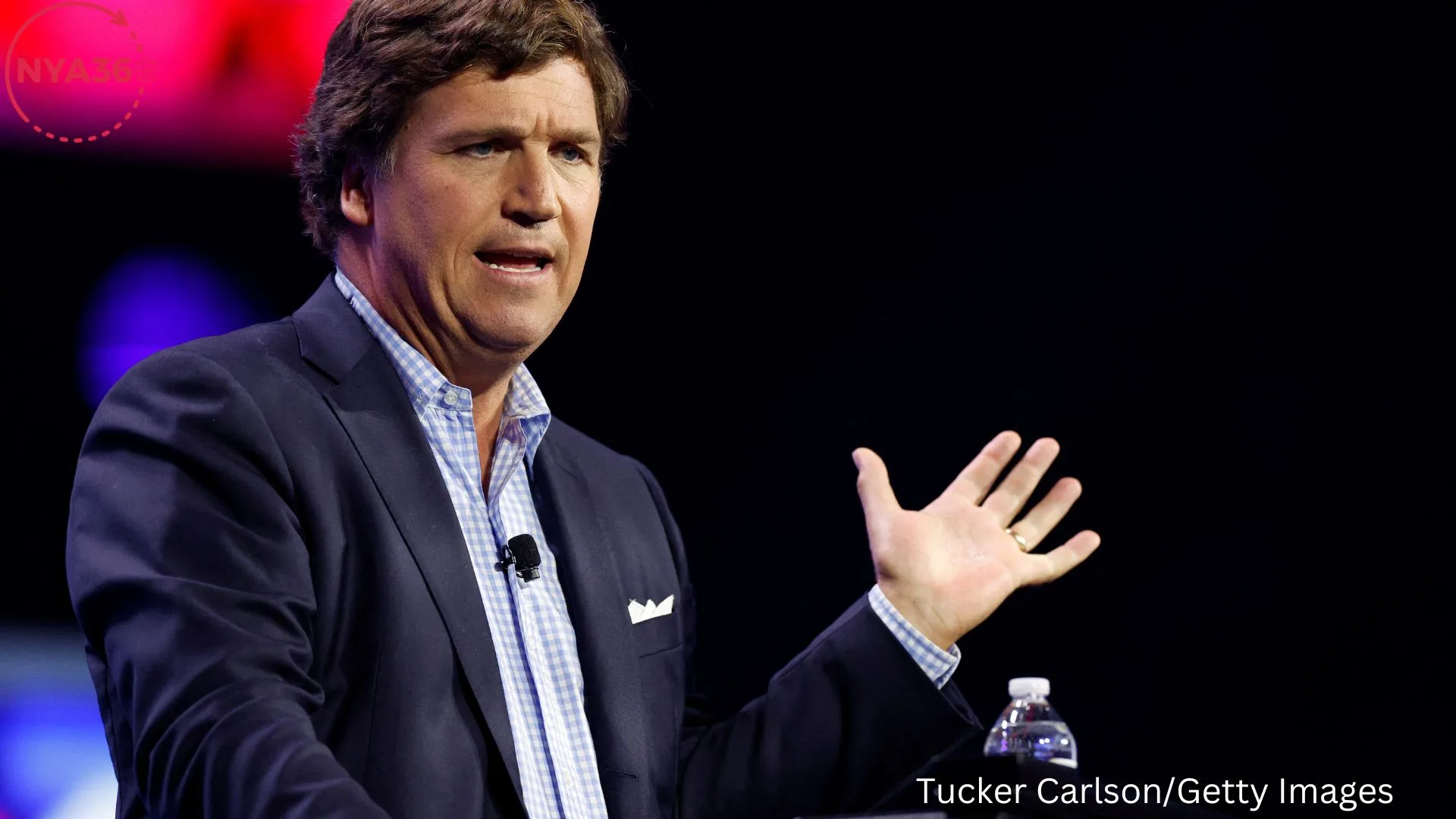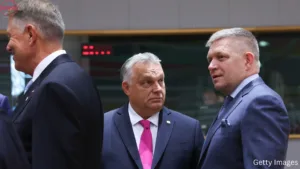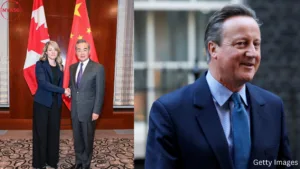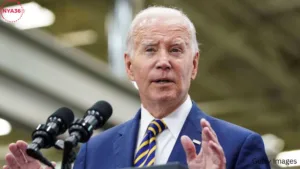In a politically charged environment characterized by strained relations between the United States and Russia, the recent visit of former Fox News personality Tucker Carlson to Moscow has triggered a surge of conjecture and discussion. While several individuals perceive his journey as a journalistic pursuit with the objective of obtaining an interview with Russian President Vladimir Putin, others have criticized him for advocating a pro-Russian stance and cultivating relationships with authoritarian authorities.
The media outlets quickly took notice of Carlson’s visit to Russia during the weekend, with CNN particularly voicing strong disapproval of what they interpret as Carlson’s support for Putin’s government. The network strongly criticized Carlson for participating in what they characterized as “propaganda,” which they believe contradicts the journalistic principles they profess to follow.
CNN criticized Carlson’s visit to Moscow, arguing that Putin could exploit his presence to gain support from the MAGA section of the Republican Party. The network highlighted Carlson’s perceived sway inside conservative circles, implying that his engagements with Putin could be utilized to enhance backing for the Russian leader among specific factions of American society.
“The individual you observe in this image is the man who is associated with the leader of the Make America Great Again (MAGA) movement, Donald Trump, as well as Tucker Carlson. It is possible that he is in Moscow to conduct an interview with Putin, but it is certain that he is present there as a celebrity who supports Putin,” commented a CNN anchor, expressing the network’s doubt on Carlson’s motives.
The controversy surrounding Carlson’s trip highlights wider issues over the influence of media personalities in shaping public opinion and impacting geopolitical dynamics. Traditionally, journalists have been required to uphold objectivity and impartiality in their reporting. However, the emergence of opinion-driven programming has made it difficult to distinguish between news and commentary, resulting in allegations of bias and agenda-driven journalism.

Detractors of Carlson contend that his previous comments and on-screen persona imply a favorable disposition towards autocratic rulers such as Putin, casting doubt on the actual purpose of his trip to Russia. They argue that by interacting with Putin and potentially giving him a forum to express his opinions, Carlson is involved in legitimizing a government recognized for its repression of opposing ideas and violations of human rights.
Nevertheless, proponents of Carlson contend that his visit to Russia should be seen within the framework of journalistic endeavor rather than political maneuvering. They contend that obtaining an interview with a prominent global figure such as Putin is a substantial journalistic undertaking that fulfills the public interest by offering valuable perspectives on crucial geopolitical matters.
Moreover, they argue that Carlson’s readiness to interact with leaders from many political orientations demonstrates his dedication to vigorous and unrestricted exchange of ideas, even if it may incite disagreement or disapproval from specific groups.
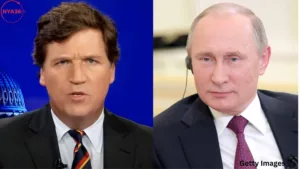
Amidst the criticism, Carlson has chosen to be reticent regarding the details of his trip, preferring to rely on his actions to convey his message. Although he has not explicitly acknowledged or refuted conducting an interview with Putin, his visit to Moscow has sparked renewed discussions over the influence of media figures in influencing global affairs and the ethical implications associated with such interactions.
In essence, the perception of Tucker Carlson’s visit to Russia as either an act of journalism or political posturing is primarily determined by one’s ideological standpoint and understanding of his intentions. Amidst the resolution of this recent dispute, it is evident that the convergence of media, politics, and diplomacy remains a fiercely disputed arena where truth and perception frequently clash.
Follow us on social media: Instagram, Threads & Twitter X @nya360_ YouTube & Facebook @nya360.

